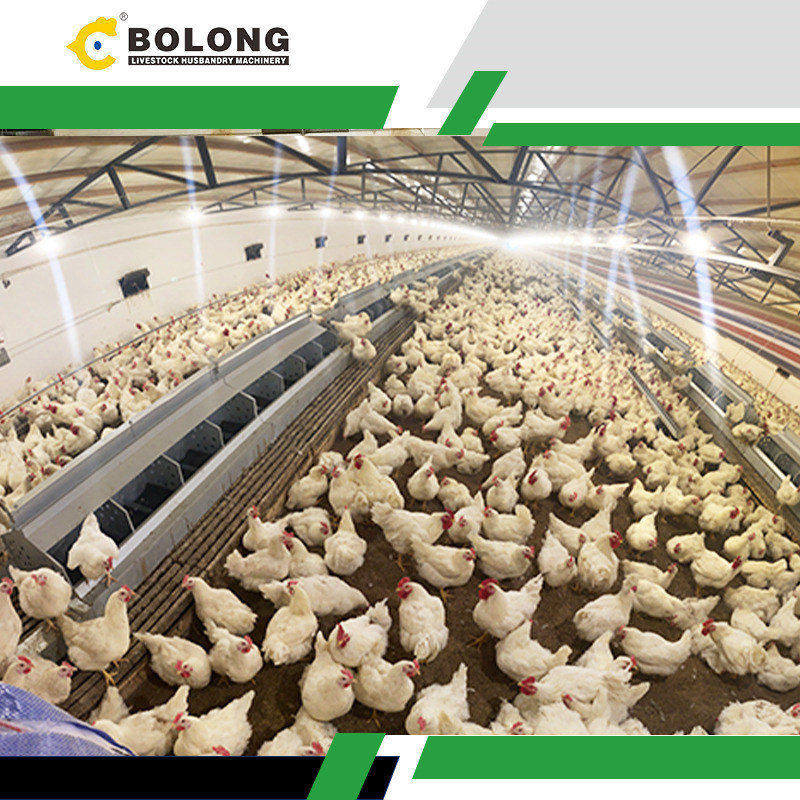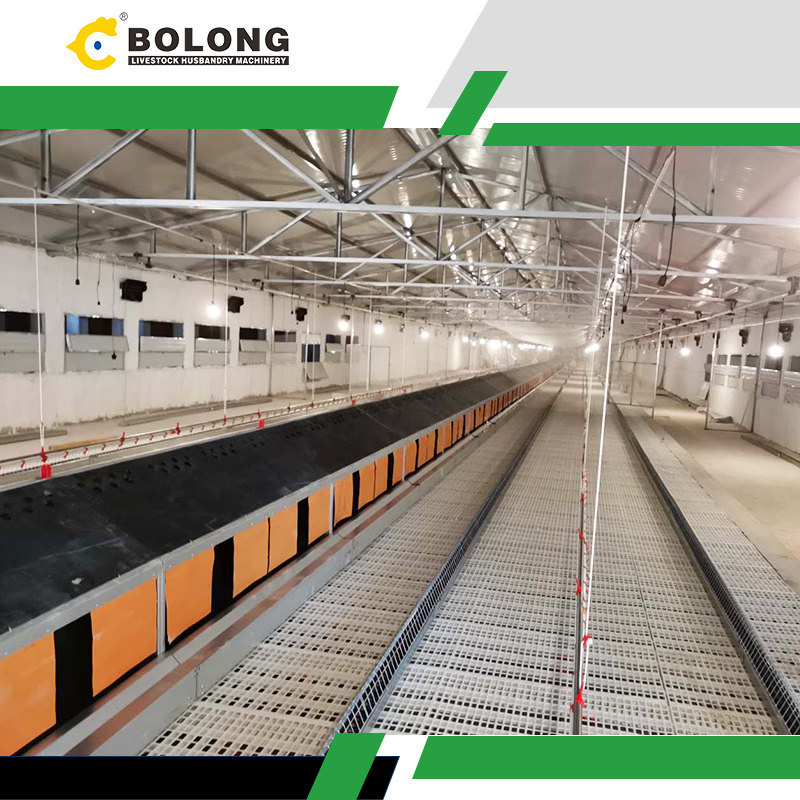Automatic egg collectors vs manual egg collection
In the continuous development of modern breeding industry, improving production efficiency and reducing labor costs have become the core issues of concern to many farms. Among them, the efficiency of egg collection, as an important part of egg-laying poultry breeding, directly affects the economic benefits of the farm. In recent years, the popularity of automatic egg collectors has enabled many farms to gradually shift from traditional manual egg collection to mechanization and automation. So, what are the advantages and disadvantages of automatic egg collectors compared with manual egg collection? This article will make a detailed comparison from the aspects of efficiency, cost, hygiene management, egg quality and equipment maintenance.
1. Efficiency comparison:automatic egg collectors vs manual egg collection
① Efficient advantages of automatic egg collectors
The automatic egg collector uses mechanical devices such as conveyor belts and rollers to directly transport eggs from egg-laying boxes to centralized storage areas, greatly reducing manual intervention and increasing the speed of egg collection.
② Efficiency limitations of manual egg collection
Traditional manual egg collection relies on workers to collect eggs from chicken houses one by one, which is not only time-consuming, but also prone to omissions. Especially in large-scale farms, the difficulty and time cost of manual egg collection will increase.
2. Cost analysis: automatic egg collectors vs manual egg collectors
① Long-term economic benefits of automatic egg collectors
Although the initial investment of automatic egg collectors is high, they save labor wages and management costs in the long run, greatly reducing operating expenses.
② Continuous labor costs of manual egg collection
Manual egg collection requires long-term labor wages and additional costs such as worker management and welfare. As the scale of breeding expands, labor costs continue to increase.

3. Hygienic management:automatic egg collectors vs manual egg collection
① Automatic egg collectors reduce contamination risks
Automatic egg collectors reduce direct contact between people and eggs, reduce the risk of pathogen transmission, and are equipped with automatic cleaning functions to improve the hygienic quality of eggs.
② Hygienic hazards of manual egg collection
During the process of manual egg collection, workers frequently contact eggs, which may cause bacterial contamination. At the same time, entering the chicken house may bring in external pathogens, affecting the overall hygienic conditions.
4. The impact of automatic egg collectors on egg quality
① Reduced breakage rate
The conveyor belt of the automatic egg collector adopts a buffer design, which effectively reduces the breakage rate of eggs during transportation and improves the quality of eggs.
②Extended shelf life
Automatic egg collectors ensure that eggs are collected quickly and reduce the time they are exposed to the chicken house environment, thereby reducing the possibility of contamination and improving market competitiveness.

5. Equipment maintenance and management of automatic egg collectors
① Daily maintenance of equipment
Automatic egg collectors need to be cleaned and inspected regularly to ensure normal operation, and professional technicians are equipped for maintenance.
②Management challenges of manual egg collection
Although manual egg collection does not require equipment maintenance, the management and training of workers also require investment, and the efficiency is affected by the workers’ status.
6. Analysis of applicable scenarios of automatic egg collectors
①Applicable to large-scale farms
For large-scale farms, automatic egg collectors can improve egg collection efficiency and reduce labor costs, making them a more cost-effective choice.
②Choice of small farms
Due to the high initial investment of automatic egg collectors, small farms may prefer manual egg collection as a transitional solution.

Conclusion
On the whole, automatic egg collectors are superior to manual egg collection methods in terms of egg collection efficiency, cost control, hygiene management, and egg quality, and are especially suitable for medium and large farms. Although automatic egg collectors require a high initial investment and require certain maintenance costs, their long-term benefits are obvious. With the acceleration of the modernization process of the breeding industry, the application of automatic egg collectors will become more and more popular, becoming an important tool to improve breeding efficiency and reduce operating costs. Therefore, for farm managers, they should reasonably choose the egg collection method according to their own breeding scale, economic budget and future development plan to achieve higher economic benefits and better egg production. In the future, with the continuous innovation and development of automatic egg collector technology, its performance will be further optimized, providing a more intelligent and efficient solution for the breeding industry.